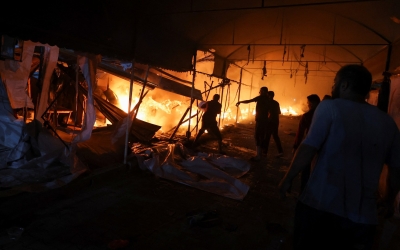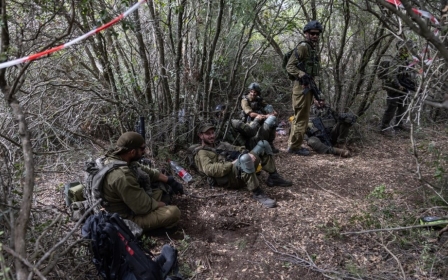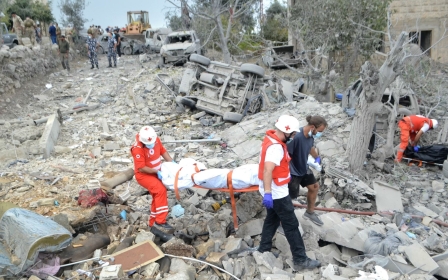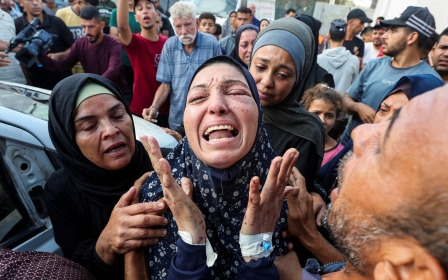US sending 100 troops and a missile defence system to Israel
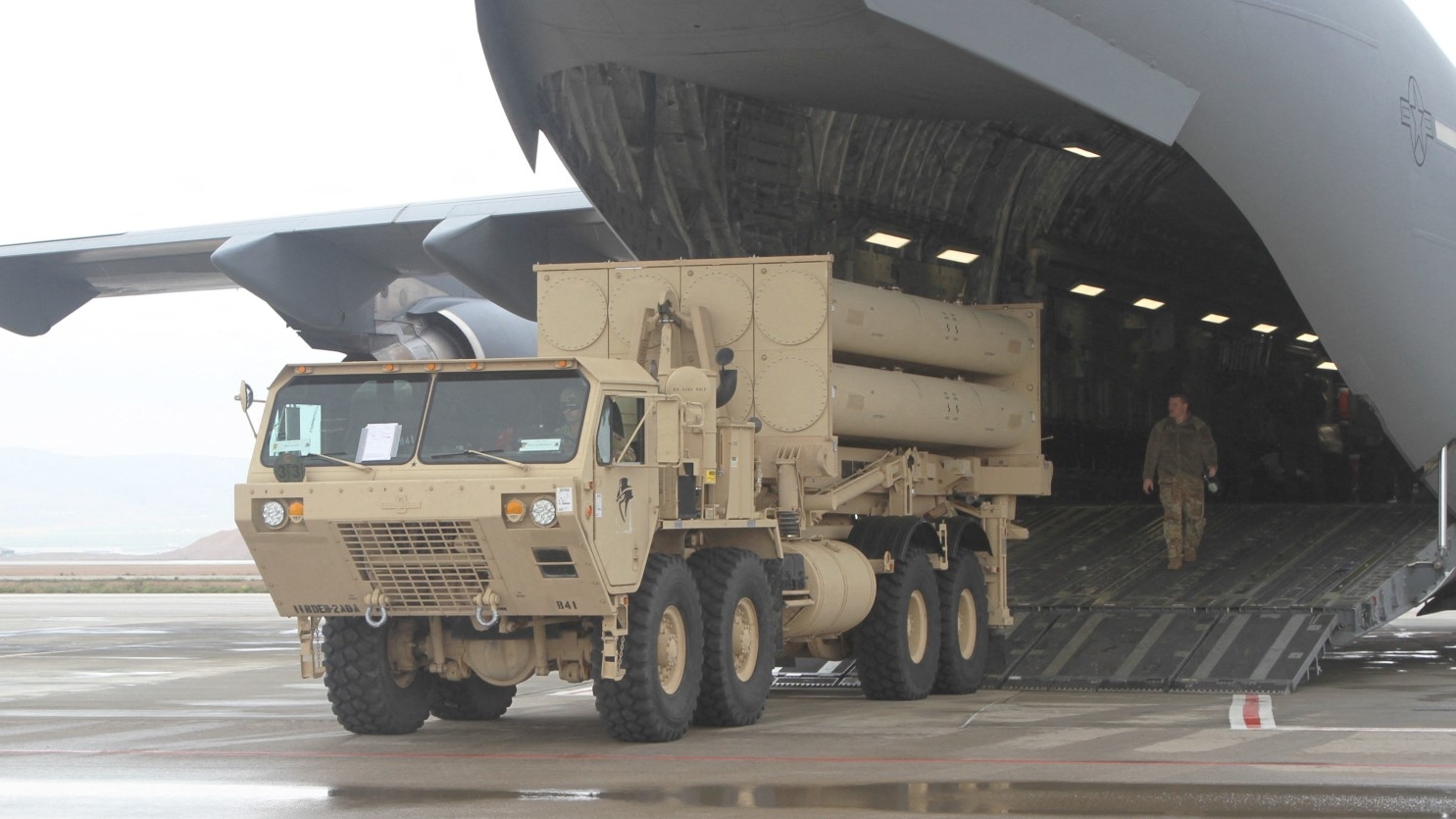
The United States is deploying an advanced, high-altitude missile system to Israel as well as around 100 American troops to operate it, the Pentagon announced in the first US military deployment to Israel since the war on Gaza began in October 2023.
Pentagon spokesperson Patrick Ryder said in a statement on Sunday that US President Joe Biden directed Secretary of Defence Lloyd Austin to deploy the Terminal High Altitude Area Defense System (Thaad) along with its operating crew to Israel.
The deployment places American troops inside Israel for the first time amid its war on Gaza, which has now escalated into an Israeli invasion of Lebanon and carries the potential for a large-scale war with Iran.
“This action underscores the United States’ ironclad commitment to the defense of Israel, and to defend Americans in Israel, from any further ballistic missile attacks by Iran,” the statement said.
“It is part of the broader adjustments the US military has made in recent months to support the defense of Israel and protect Americans from attacks by Iran and Iranian-aligned militias.”
New MEE newsletter: Jerusalem Dispatch
Sign up to get the latest insights and analysis on Israel-Palestine, alongside Turkey Unpacked and other MEE newsletters
The presence of these US troops also possibly places them in the direct line of fire if another Iranian strike on Israel similar to the strike earlier this month were to happen.
It also raises questions about the viability of Israel's Iron Dome missile defence system, which has often been touted as the best air defence system in the world.
The deployment also comes after Biden said the US would not deploy troops to Israel.
On 30 September, Biden was asked by reporters whether or not he would send additional troops to the Middle East, to which he responded, "No".
Israel's war on Gaza has continued for more than a year, and throughout the war Israeli forces have killed tens of thousands of Palestinians and left much of Gaza's civilian infrastructure in rubble.
Throughout the war, the Biden administration has continued to provide weapons and military aid to Israel.
At the same time, the US has also sent thousands of US troops to the wider region, as well as aircraft carriers and nuclear submarines in case a wider regional war were to begin.
The war in Gaza has already expanded on multiple fronts, with Israel invading Lebanon and launching massive air strikes on its capital Beirut. The US and UK have launched waves of air strikes on Yemen to target the Houthi movement, which has been leading a blockade of Israeli-linked ships in the Red Sea.
Earlier this month, Iran launched 200 ballistic missiles at Israel, targeting a number of military sites, in what Tehran said was a response to Israel's killing of Hezbollah leader Hassan Nasrallah and Hamas leader Ismail Haniyeh.
Many of the missiles passed through Israel's Iron Dome defence system, raising concerns within Israel. Israel has vowed to respond to the attack, and Tehran has warned Israel against retaliating, saying that any response would be met with a greater Iranian attack.
"The US has been delivering record amount of arms to Israel. It is now also putting lives of its troops at risk by deploying them to operate US missile systems in Israel," Seyed Abbas Araghchi, Iran's foreign minister, said in a post on X.
"While we have made tremendous efforts in recent days to contain an all-out war in our region, I say it clearly that we have no red lines in defending our people and interests."
Middle East Eye delivers independent and unrivalled coverage and analysis of the Middle East, North Africa and beyond. To learn more about republishing this content and the associated fees, please fill out this form. More about MEE can be found here.


